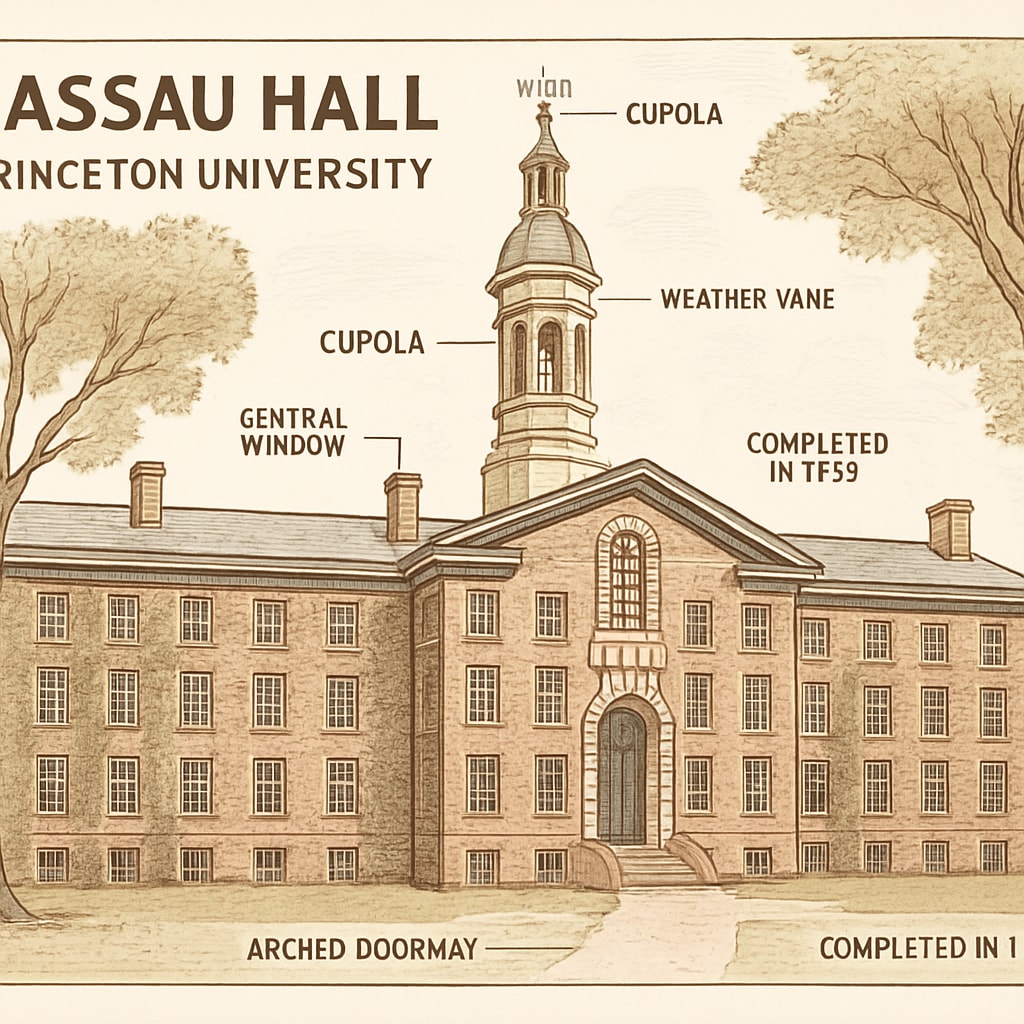When discussing prestigious institutions like Princeton and other Ivy League schools, it is nearly impossible to avoid their glowing reputation. These schools are often viewed as the pinnacle of higher education, promising unparalleled academic rigor, career prospects, and social prestige. However, are we overvaluing the actual worth of these elite institutions? This article delves into whether schools like Princeton and the Ivy League as a whole are overrated, questioning the gap between their perceived value and their tangible contributions to modern education and society.

Are Ivy Leagues Living Up to the Hype?
The Ivy League, originally a collegiate athletic conference, has grown into a symbol of academic excellence and exclusivity. Schools like Princeton, Harvard, and Yale dominate global rankings, but their dominance raises a critical question: does their reputation reflect their real-world impact?
Studies suggest that Ivy League graduates often enjoy significant advantages in the job market, thanks to powerful alumni networks and the perceived prestige of their degrees. However, these advantages may not always correlate with superior educational quality. For instance, many public universities now rival Ivy League schools in research output, diversity, and accessibility.
Moreover, the “halo effect” surrounding Ivy League graduates can sometimes overshadow genuine talent or hard work. As a result, societal over-reliance on brand names like Princeton may marginalize other paths to success, fostering an elitist mindset in education and employment.
Princeton’s Role in the Ivy League Myth
Princeton University, one of the eight Ivy League schools, is renowned for its small class sizes, cutting-edge research, and beautiful campus. Yet, critics argue that its reputation may be disproportionately inflated. While Princeton does excel in certain areas, such as undergraduate teaching and financial aid, it is not immune to flaws.
For example, the exclusivity of Princeton’s admissions process often reinforces socioeconomic inequalities. According to recent data, a significant proportion of students come from affluent backgrounds, perpetuating a cycle of privilege. Furthermore, some argue that the emphasis on tradition and prestige can inhibit innovation, making Princeton less adaptable to the changing demands of the 21st century.

Reevaluating the Purpose of Education
The overemphasis on Ivy League schools like Princeton reflects a broader issue in how society values education. Many people equate success with attending elite institutions, but this mindset overlooks alternative pathways to personal and professional fulfillment. Community colleges, vocational training, and emerging online platforms like Coursera and edX offer affordable, accessible, and high-quality education for millions of learners worldwide.
To foster a more equitable and innovative educational landscape, we must challenge the notion that Ivy League schools are the sole arbiters of excellence. Instead, society should celebrate diverse forms of success, whether they come from startups, artistic endeavors, or community leadership.
Conclusion: Time to Break the Elite Education Bubble?
While Princeton and other Ivy League schools undoubtedly offer unique opportunities, their reputation may not always align with their actual contributions to education and society. By questioning the value we place on elite institutions, we can promote a more inclusive and meritocratic approach to learning and success.
Ultimately, it is not the brand of the institution but the skills, values, and contributions of the individual that matter most. Let us strive for an education system that reflects these principles, rather than perpetuating the myths of exclusivity and prestige.
Readability guidance: This article uses short paragraphs and lists to enhance clarity. Key ideas are distributed across well-structured sections, and transitions ensure a smooth reading experience. Passive voice and long sentences have been minimized for accessibility.


